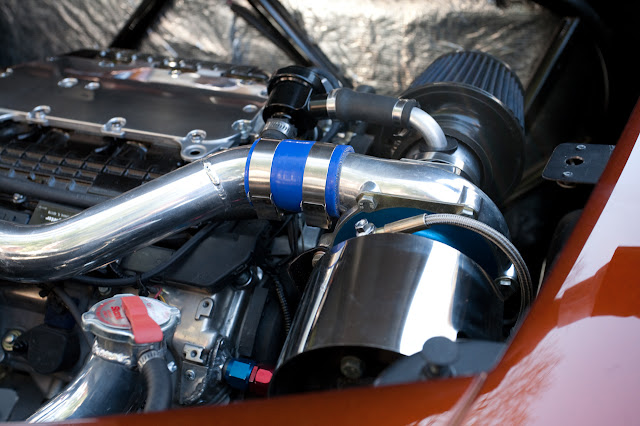Broken into simplest components, HHO gas savers are still composed of two hydrogen atoms and one oxygen atom. Sounds familiar? It's also the same composition of one water molecule. The name is just adopted to refer to the process which can provide energy when ignited. Searching for gas savers on Google can yield grim results. Often, you get voluminous "research" from so-called engineers or car manufacturers on why these energy saving devices are scams or why they end up eventually damaging your engine.
Are they more trouble than worth?
The criticisms are all technical but it all boils down to this: using HHO gas savers will actually force your engine to consume more fuel because the brute force necessary to split atoms is greater than the energy it drives back for combustion. What they don't take into account, however, is that your ordinary engine is very inefficient. Only about a third of the gas you purchase actually is consumed to move your car or to operate the air conditioner, power windows, steering or brakes, and others. The other 60% is just burnt and emitted into the air.
Now, even if there's a loss of energy when water is converted into HHO through the process known as electrolysis, the amount of energy that is injected into the combustion is more than enough. With this process, you are basically maximizing the potential of your engine to utilize energy to move the vehicle.
It's all a matter of perspective
For every article that debunks the benefits of HHO gas savers, there is also a testimony of satisfied customer who avow the capacity of these products to improve gas mileage by as much as 40%. Unfortunately, these testimonies are drowned by the "research" and official results of the engineers. In the public's eye, it's all a matter of perspective. When faced between two arguments, the one with the most impressive title wins. Just who do you believe: the claims of engineers or Bob, Mary and John, ordinary Americans who installed the product and actually noticed an improvement in as consumption?
There's a lot of noise, and it's not coming from the engine
These fuel saving devices do work. But admittedly, there are a lot of scam artists out there that is putting the industry in a bad light. It's easy to spot these websites: just look at the cost and if they are offering HHO gas savers for less than $100, better walk the other way. For materials and parts alone, it won't cost less than $500 to manufacture one and add another couple dollars more for installation.

0 comments:
Post a Comment